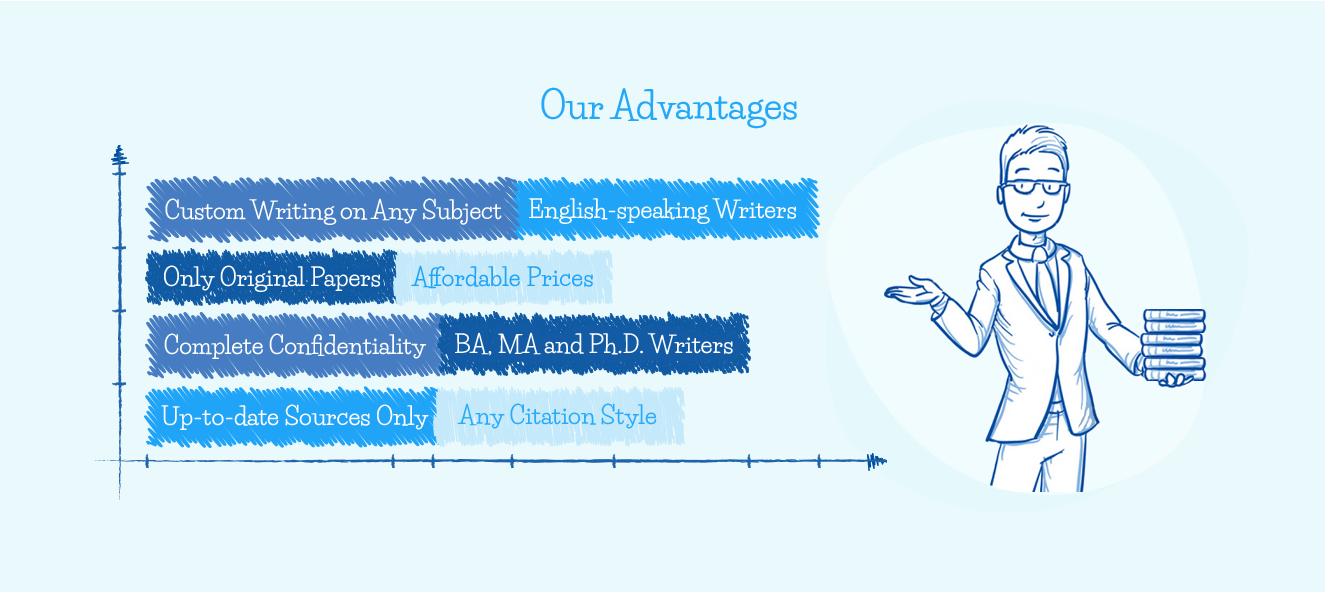Organ Donation and Transplantation
Introduction
Organ donation is a medical process that entails the surgical removal of an organ from one individual known as a donor to another person known as a recipient. The medical process is always necessary since one of a recipient’s organs had failed to work due to a particular disease or injury. Nowadays, there are specific organs that are necessary for other individuals, and without them, a recipient who needs such organs may not survive. Organ transplant is associated with various issues in the process of saving a life.
The Technical Aspects
Consequently, the organ donation process requires a lot of screening and several medical procedures. The sole purpose of any organ donation exercise is to save a life, and as such, extreme care has to be taken to ensure that the entire process is a success. However, this involves a lot of screening exercises to check for the compatibility of the organs. Research shows that some of these recipients spend most of their time in the hospital waiting for donors. The process greatly discourages the patients, hence making some of them vulnerable to death. Scholarly articles state that some patients have to wait for more than five years for successful organ transplantation. The organ donation process also takes some time, as there have to be consultations between the concerned parties in this entire process, for example, the family members involved, physicians, and the coroner. All these procedures waste a lot of time, hence making the organ donation and transplantation exercise a tedious process.
Finally, organ donation and transplantation exercises are one of the most expensive medical treatments in the world. Living donors tend to ask for a lot of money, which makes this treatment method unaffordable to some people (Organ Donation, 2018). The number of living-unrelated donors is higher than that of living-related and deceased donors. Even though there has been no substantial agreement about the donation of living-unrelated, the past contributions have proven to be very much costly.
Description of Public Policy Debates Surrounding the Topic
The major ethical issue that should be taken into consideration is the need to ensure that the potential donor should willingly engage in this exercise with any form of undue influence or coercion regardless of the relationship that he/she shares with the recipient. The physicians are supposed to ensure that the donor makes an informed decision with sufficient knowledge of the possible risks involved in this procedure. Another ethical issue is the fact that some people argue against the selling and buying of organs, hence claiming that such acts violate human dignity. However, others are in support of it since it surely increases the number of organs that are up for donation, hence reducing organ shortage (Dalal, 2015). Non-ethical issues include conflicts of interest arising in cases where medical practitioners engage in activities that lead to the violation of ethics laws.
Today, there have been several debates to approve the kind of transplant that patients can be exposed to. One such discussion is about the receipt of organs from living-unrelated donors. Over the years, there has been a shortage of organs available for transplant from family members of the patients, hence forcing some people to seek stranger donors. However, this is still considered unethical, and scholars are yet to come up with an agreement regarding this matter. Secondly, a lot of medics even differ about the exact time patients should take in their hospital beds after organ transplantation. No definite time is set aside for the patient’s stay in the hospital after surgery. However, many studies show that most patients spend as long as it takes to get to full recovery after the surgery. In some cases, the time that the patient spends in the hospital is dictated by the kind of organ that has been transplanted.
Moreover, there is an adverse effect of smoking on organ donation and transplantation, but this is in most cases left in the hands of the surgeons to decide whether smokers are fit for the donation exercise. Despite the looming debates about possible smoker donors, research shows that smokers can donate their organs but only after a sufficient medical check-up to determine the suitability of their organs. Smokers who are willing to give their organs are expected to quit smoking and join rehabilitation centers. It would help in cleaning up their organs, hence making them ready for exercise. In cases where one is not willing to quit smoking, the physicians are asked to forbid such people from engaging in any organ donation activities.
Arguments for Organ Donation and Transplant
It is essential to consider the compatibility of organs before any successful surgery is carried out. The human body’s organs work in connection with other parts, and as such, incompatible organs mean a failed transplant. The reason is that some people are not compatible with other organs, and as such, serious considerations have to be taken in this respect. Such considerations are vital since they help in minimizing the chances of any complications or death during or after organ transplantation. Organ availability is also one of the significant issues that have been up for argument for a long time. The number of patients that require organ transplantation is much higher than the available organs for transplant (Razdan, Degenholtz, Kahn, & Driessen, 2015). It, therefore, calls for questions about whether living-unrelated donors are supposed to be given room to participate in organ donation.
How it works
Step 1
Visit our website and go to the order formStep 2
Fill in specific essay details in your order description sectionStep 3
Pay for your custom essay and get your order verifiedStep 4
Process of writing your academic assignmentStep 5
Editing and anti-plagiarism checkStep 6
On-time delivery of an already written essayThe physicians are also supposed to ensure that their patients clearly understand what this procedure entails to ensure that they fully understand any risks involved in the process (Matching Organs, Saving Lives, 2016). It helps in doing away with any unrealistic expectations that characterize some patients. Some patients walk into the theatre rooms with a wrong mentality about the operation, and as such, they end up feeling disappointed if their expectations are not met. Patients are supposed to be aware of the medication results to expect after the surgery to avoid such cases.
Conclusion
The organ and transplantation medic procedure is one of the oldest treatment methods in history. However, this method still suffers a lot of limitations, which makes it a cumbersome medical process. Still, there are ongoing debates to determine the validity and suitability of this treatment procedure. However, organ donation and the transplant is an excellent medical practice even though it faces some form of opposition. The cons of an organ transplant are minimal as compared to its pros, and as such, divisive measures should be put in place to help address the challenges characterizing this medical treatment. I believe that it is not wrong for the living-unrelated to engage in organ donation as long as they meet the required thresholds for medications. However, the receipts are supposed to acknowledge organs from unrelated members.
The shortage of organs is still prevalent since there is yet to be an agreement as to whether the living-unrelated can be allowed to donate their organs.

















